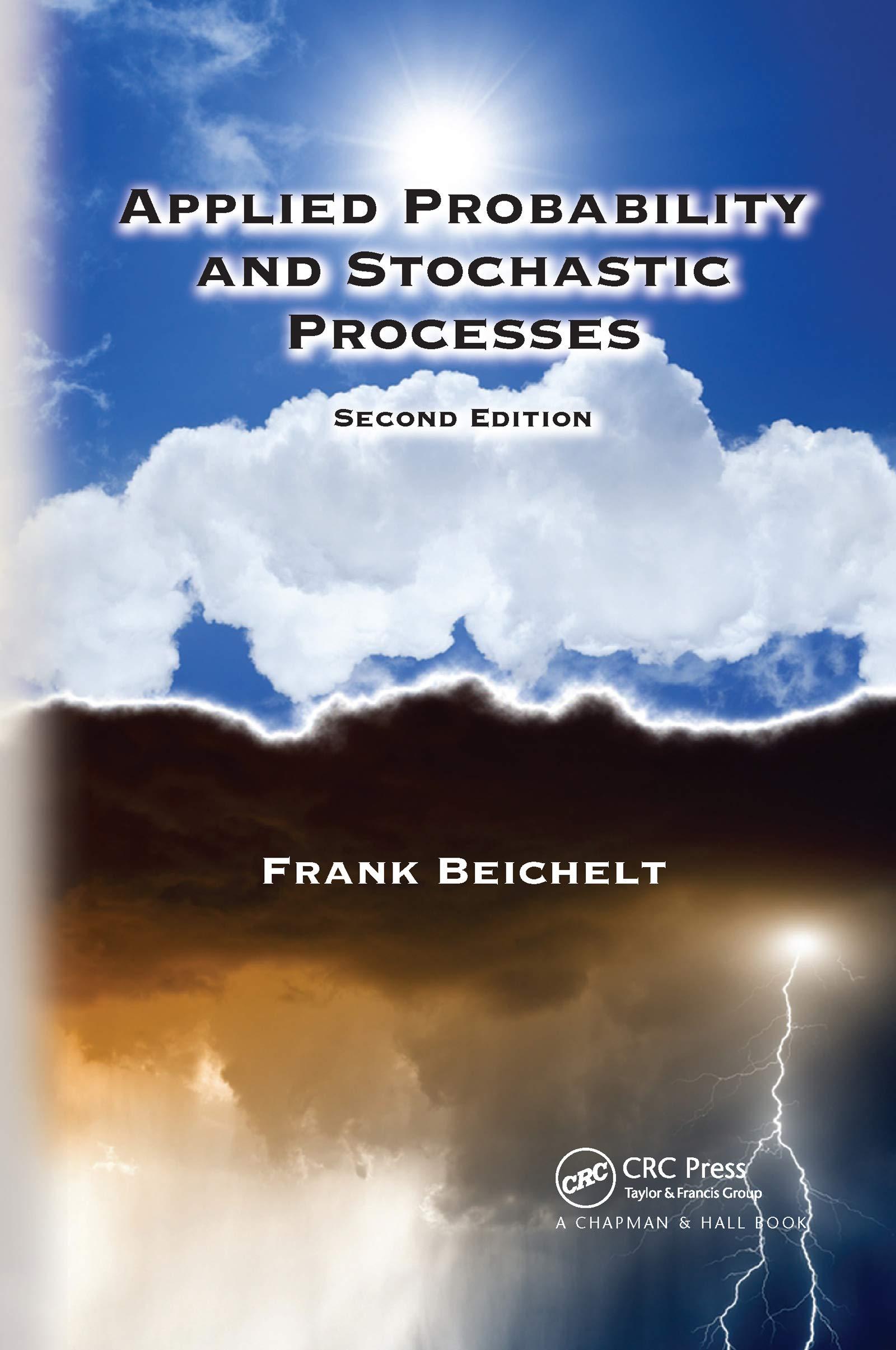Pramod is setting up an insurance policy for low-class cars (homogeneous portfolio) over an infinite time horizon.
Question:
Pramod is setting up an insurance policy for low-class cars (homogeneous portfolio) over an infinite time horizon. Based on previous statistical work, he expects that claims will arrive according to a homogeneous Poisson process with intensity \(\lambda=0.8\left[h^{-1}\right]\), and that the claim size will be iid distributed as an exponentially distributed random variable \(M\) with mean value \(v=E(M)=\$ 3000\). He reckons with a total premium income of \(\$ 2800\left[h^{-1}\right]\).
(1) Given that these assumptions are correct, has Pramod a chance to be financially successful with this portfolio over an infinite period of time?
(2) What is the minimal initial capital \(x_{0}\) Pramod has to invest to make sure that the lower bound for the survival probability of this portfolio derived from the Lundberg inequality is 0.96 ?
(3) For the sake of comparison, determine the exact value of the survival probability of this company for an initial capital of \(x_{0} / 3\).
Step by Step Answer:

Applied Probability And Stochastic Processes
ISBN: 9780367658496
2nd Edition
Authors: Frank Beichelt





